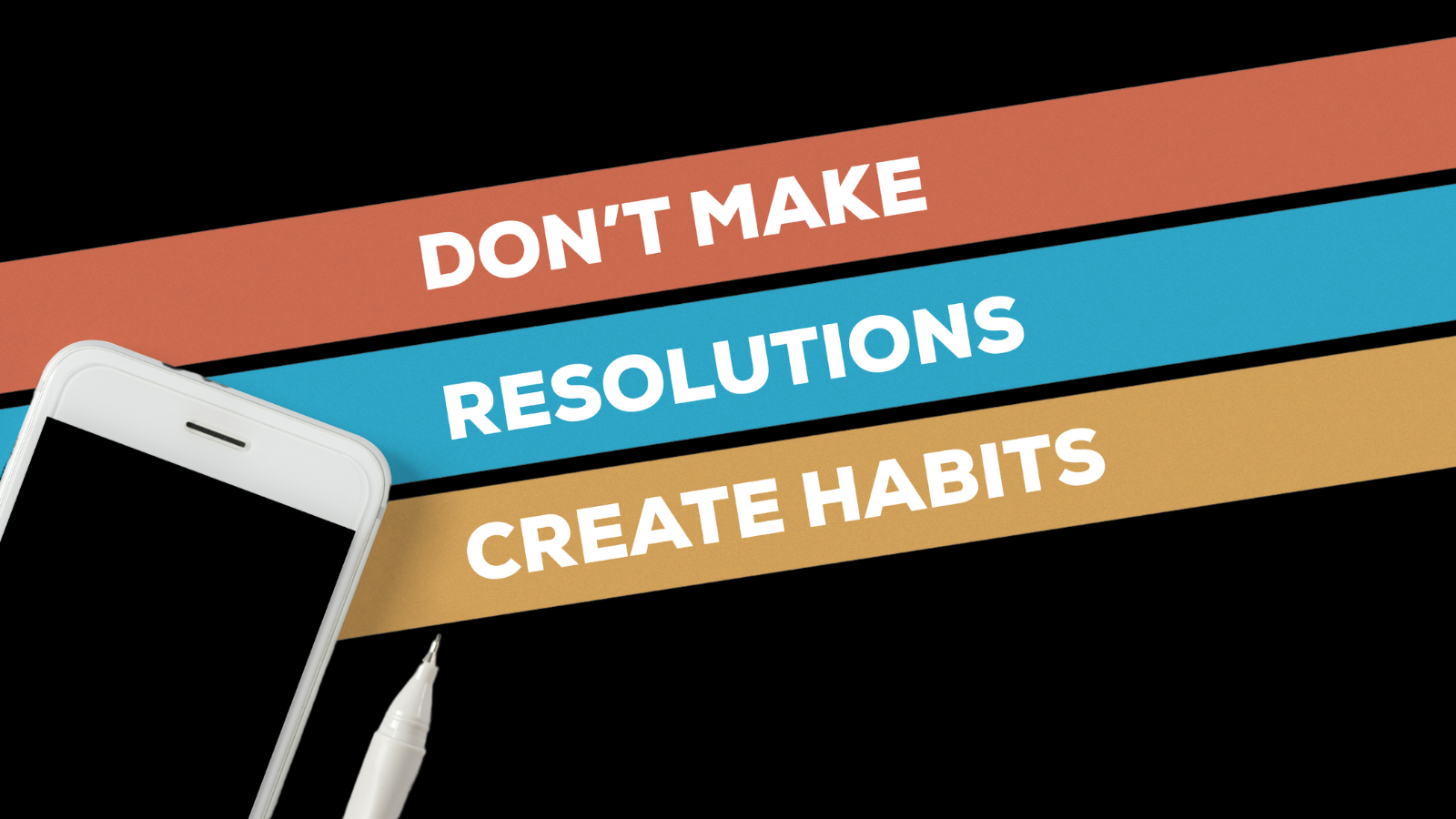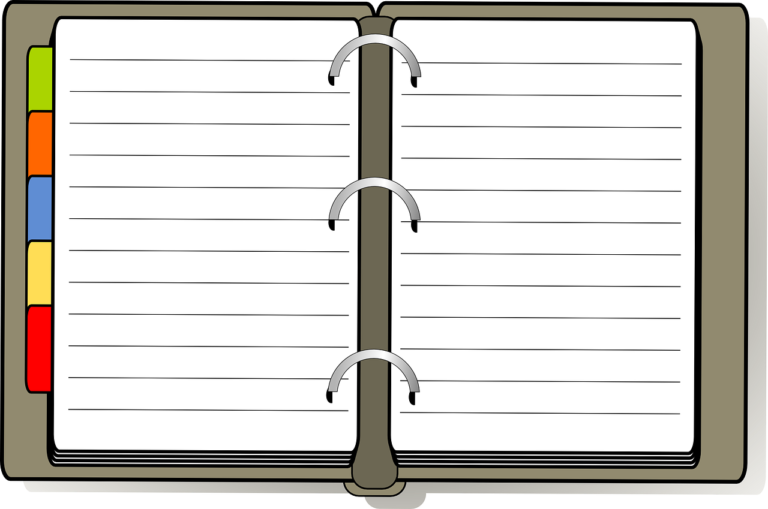Creating and breaking habits isn’t about will power. Look at your systems!
habit – a recurrent, often unconscious pattern of behavior that is acquired through frequent repetition
I included this definition at the beginning of a post I added to this blog – “Do Habits Hurt Creativity?” – in September 2023.
But I recently saw another definition – one that includes a couple of words describing the concept of “habit” even better: automatic response.
Here’s how James Clear defines “habit” at the front of his book Atomic Habits:
habit (‘habət) – a routine or practice performed regularly; an automatic response to a specific situation
* * *
The word “habit” is one we’re all familiar with. In fact, most of us probably get tired of hearing how important it is to create good habits if we want to be successful in both our personal AND our business life.
It wasn’t until I started reading Atomic Habits about two years ago that I began to understand the psychology behind habits (both good and bad).
Luckily, one habit I’d started practicing about the same time was taking notes about things I wanted to remember from books I was reading … aka “aha moments.”
One of the best “aha” pieces was this: “If you want to master a habit, the key is to start with repetition, not perfection.”
This sentence meshed perfectly with something else I began learning from a business mentor several months later – about how important it is to set up systems in our business.
When we FOLLOW those systems (the repetition part of the equation), things run more smoothly and lead to successful outcomes almost effortlessly.
THE WAY SCIENCE EXPLAINS IT
Farther down the same page where I saw the quote mentioned above (page 143), I read this:
“The more you repeat an activity, the more the structure of your brain changes to become efficient at that activity. … First described by neuropsychologist Donald Hebb in 1949, this phenomenon is commonly known as Hebb’s Law: ‘Neurons that fire together wire together.’ ”
“Muscle memory” is another way to think about this. Even if it’s been years since you’ve ridden a bike or played an instrument, your body doesn’t forget how to do those things.
(I found this out while visiting my stepdaughter’s extended family in New Jersey in 2007, while staying at their cabin near the shore. As my husband, son, and I – and our 2 granddaughters – rode bikes through the neighborhood, I enjoyed the scenery AND the baby bunnies that kept appearing on the front lawns of several homes. It had been nearly 20 years since I’d last ridden a bike!)
‘FALL IN LOVE WITH BOREDOM’
Another great “aha” was on pages 235-36:
“At some point, everyone faces the same challenge on the journey of self-improvement: you have to fall in love with boredom. … Professionals stick to the schedule; amateurs let life get in the way.”
“Boredom” isn’t the way I would’ve described the habit I developed in my mid-30’s … of going to the gym on a regular basis every week. But the way I developed that habit matched the method James talks about in his book.
Instinctively, I knew the most important thing about developing that habit was to always drive past the gym on my way home from work, stopping off for my 1-hour workout the same 2-3 days of the week.
Eventually, even on days I really didn’t FEEL like going, my habit prompted me to go anyway. The increased energy I had afterward helped to reinforce the decision to stick with that habit week after week, month after month, year after year.
THE 4 LAWS … AND MORE
Throughout his book, James Clear elaborates on what he calls the “Four Laws of Behavior Change,” explaining the ways people can begin building good habits in their life and tearing down bad ones.
But I’ve discovered another good source of inspiration for creating new (GOOD) habits.
Nadalie Bardo’s book, Conquer Procrastination, approaches habit-building in a different way than James Clear does, but the subtitle of her book – Proven Strategies to Maintain Productivity and Take Control of Your Life – shows that her goal to help people start conquering their “roadblocks” is similar to James’ goal.
PLAN DAILY and PLAN AHEAD
The five most helpful pages in Nadalie’s book are pages 34-38, where she discusses “daily must-do’s” and “planning for later now.”
#1 RULE
Keep a short list (1-3 items only) of the most critical things you need to do each day.
HINT: Write out the list the night before. And keep the list SIMPLE and SHORT.
#2 RULE
This list is for tasks that are important, but not urgent. (Not YET, anyway.) Number these in order of importance.
HINT: Set deadlines for each task – realistic ones that will allow time to accomplish those tasks.
The peace of mind that comes from taking care of “important / non-urgent” tasks will make it easy to stay motivated to keep this new habit going!
* * *
One more quote from James Clear:
“You do not rise to the level of your goals.
You fall to the level of your systems.”
* * *
I hope this article inspires you to take a closer look at your own systems … and maybe create some that are brand new!





